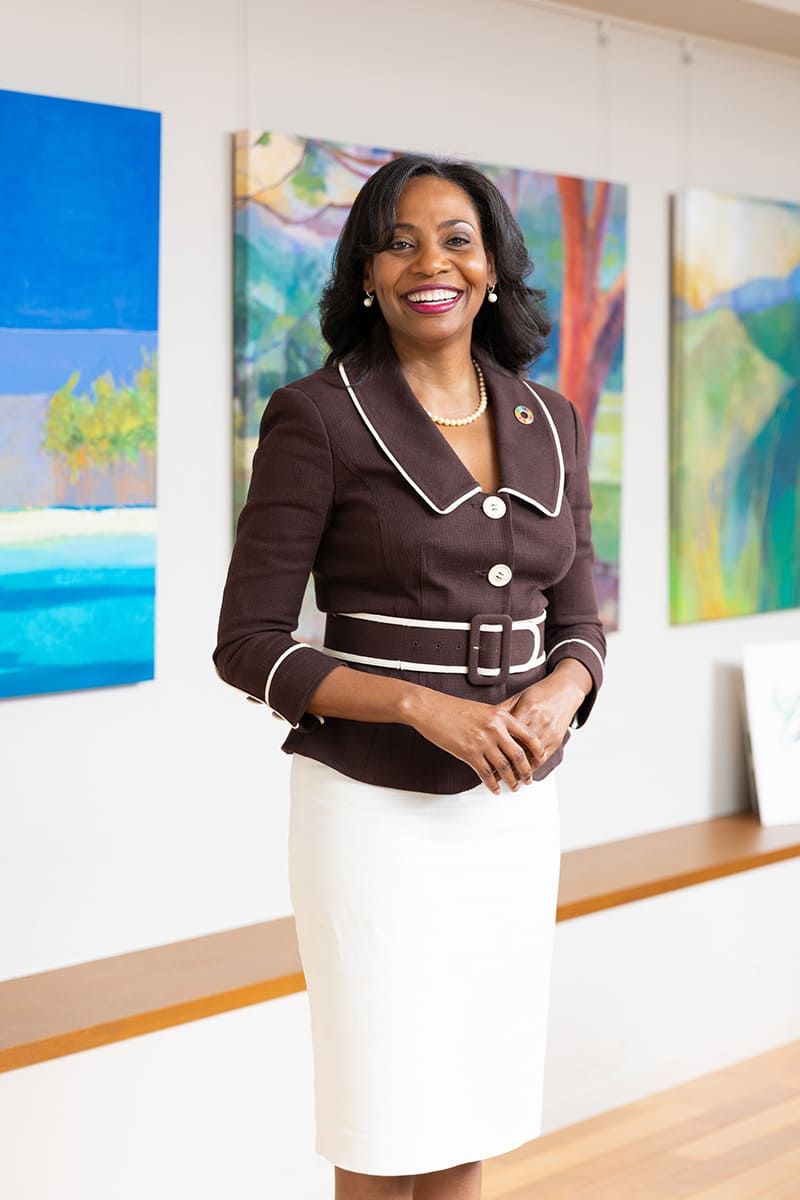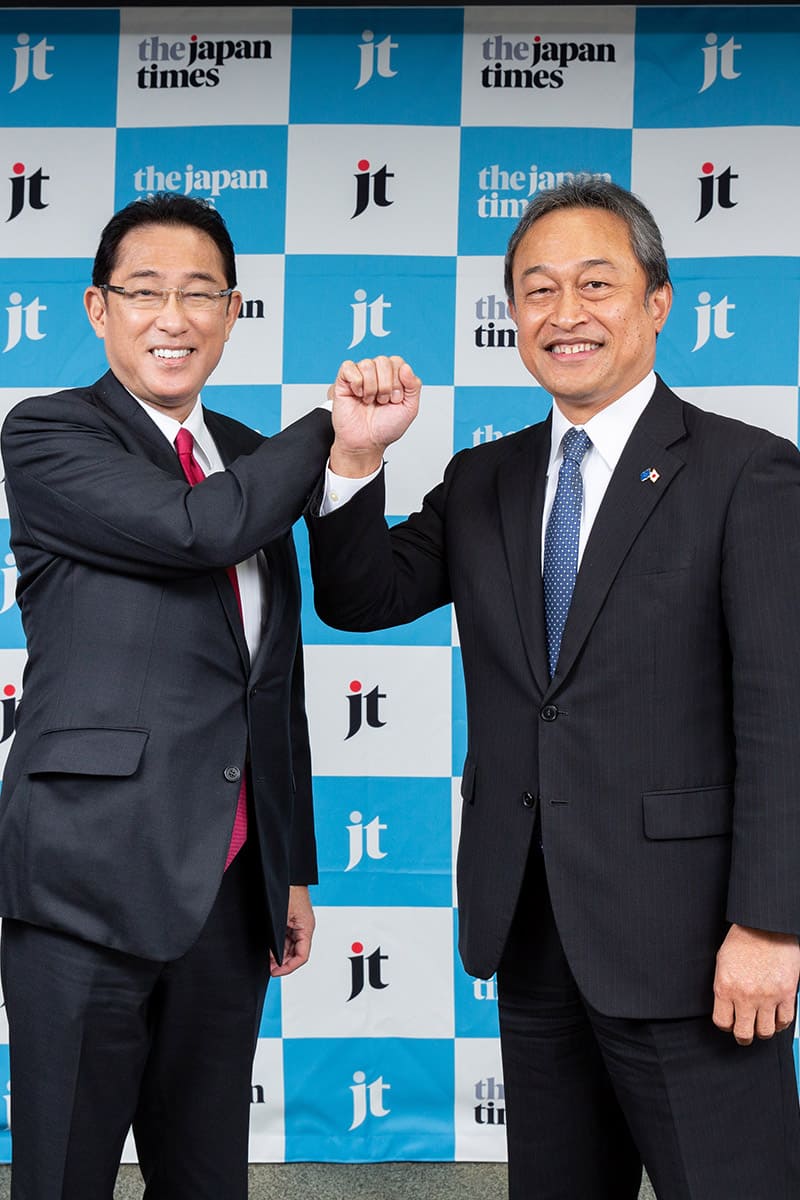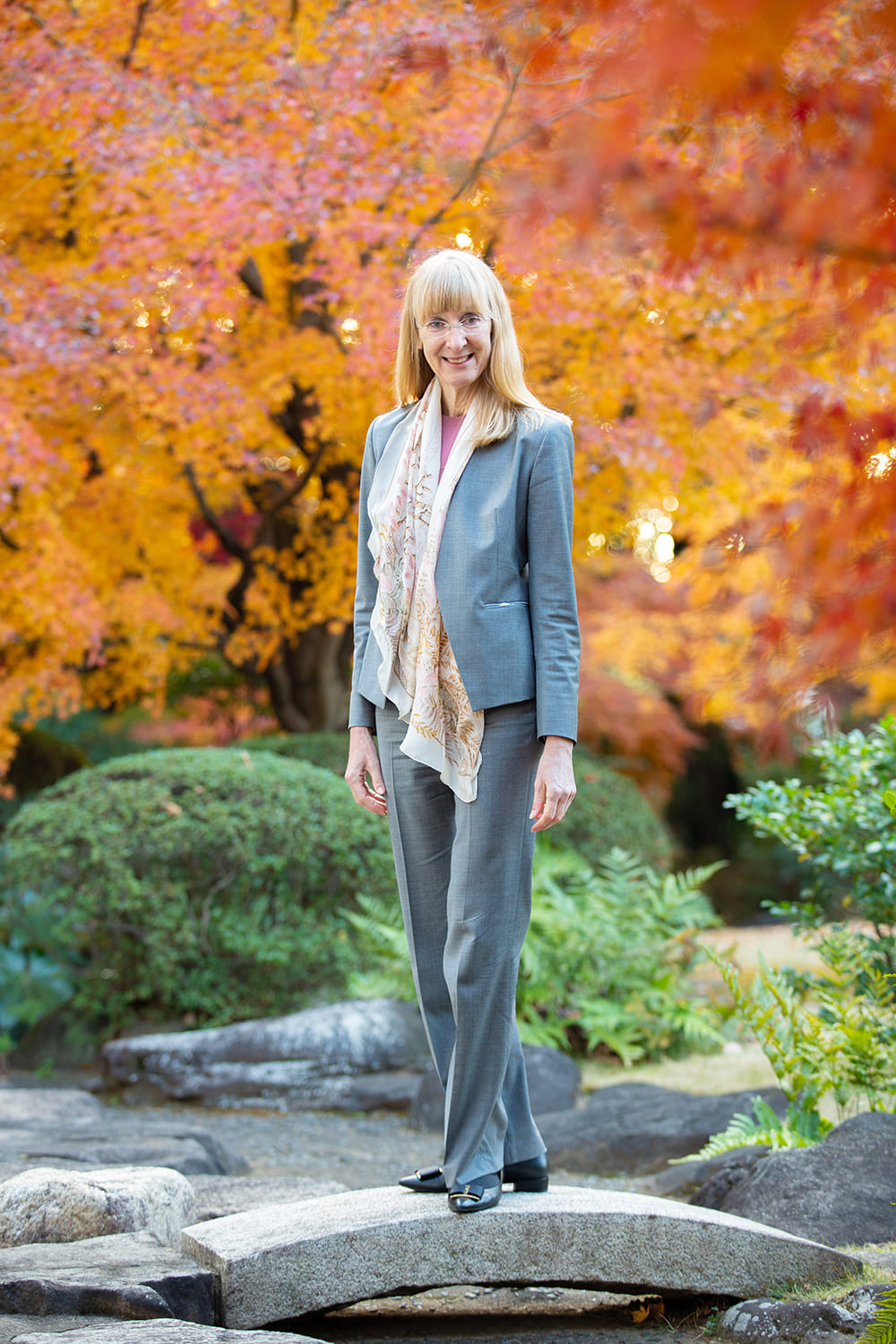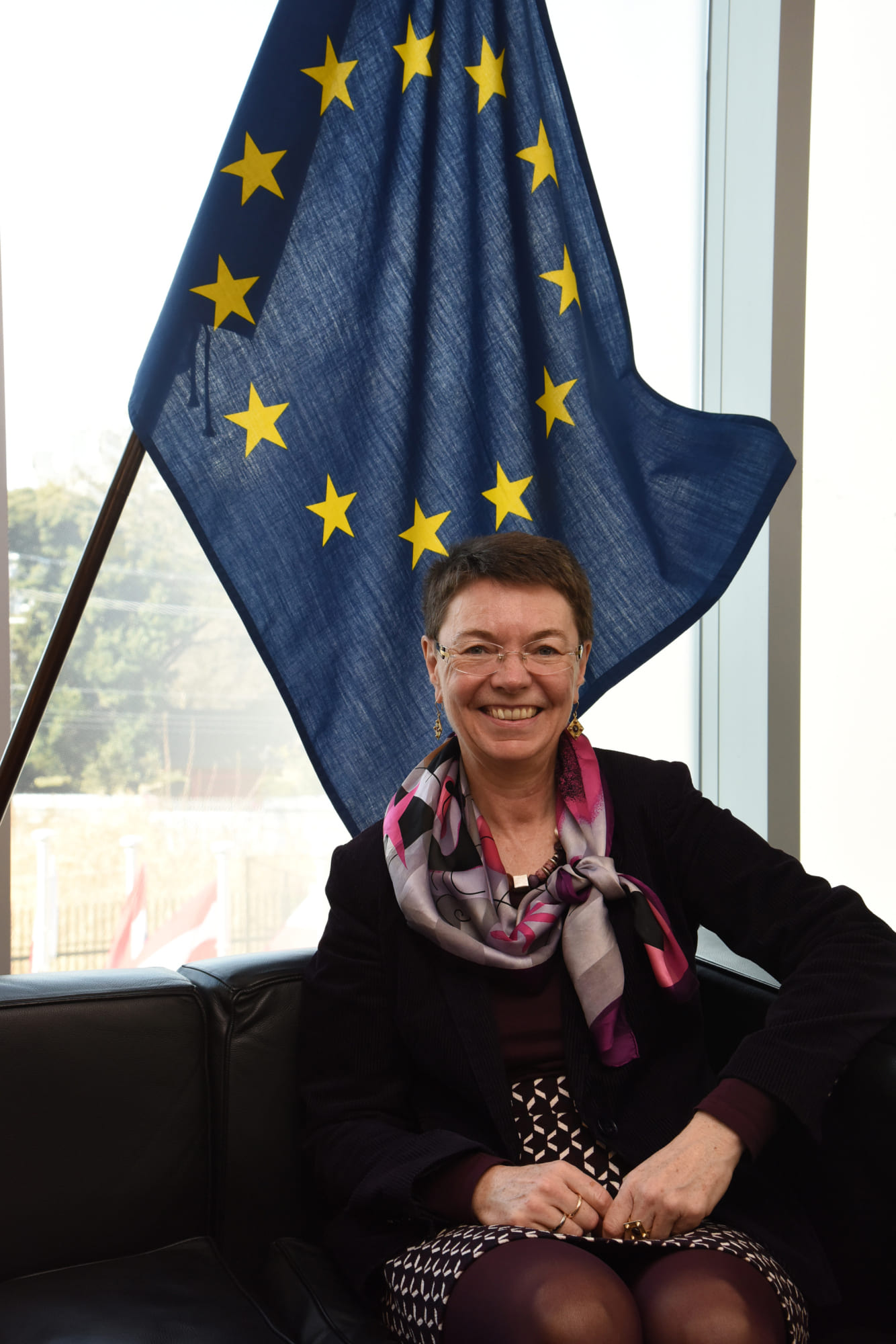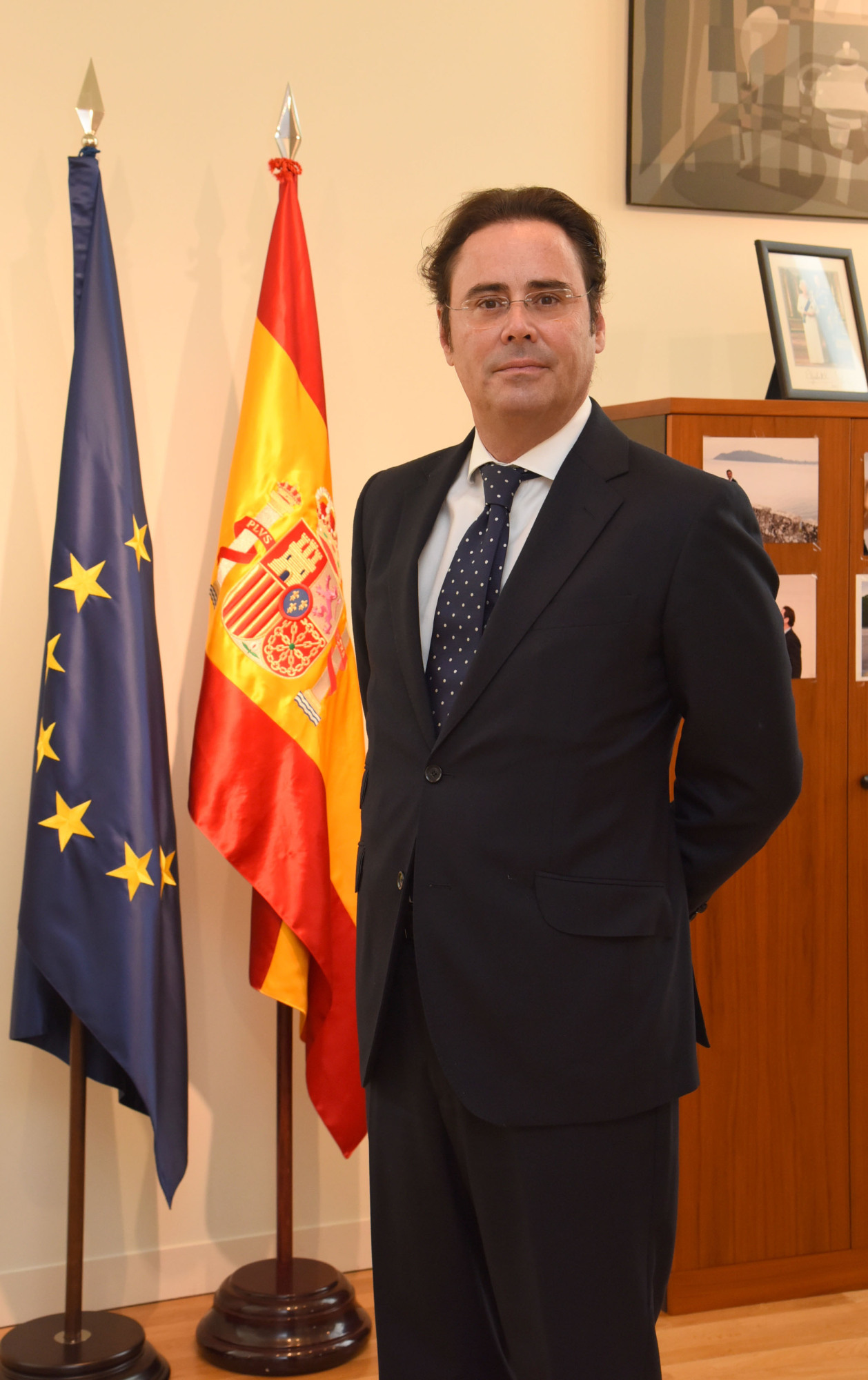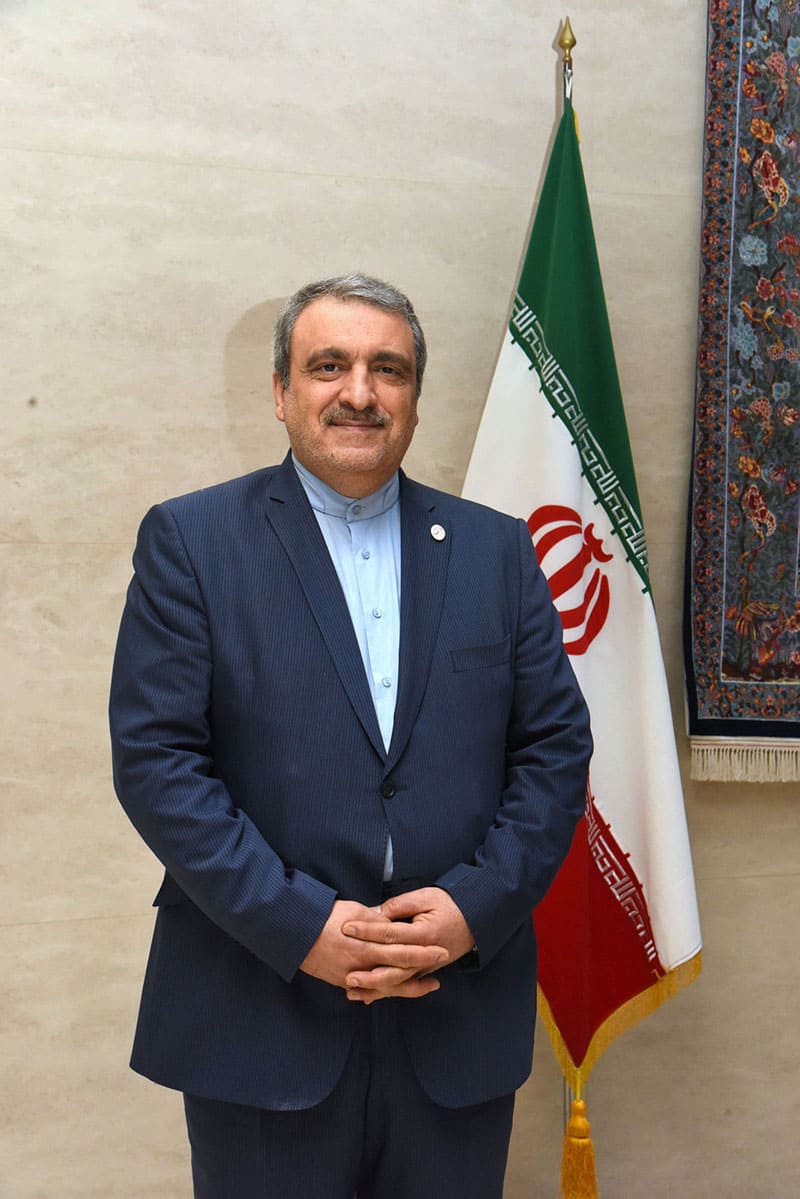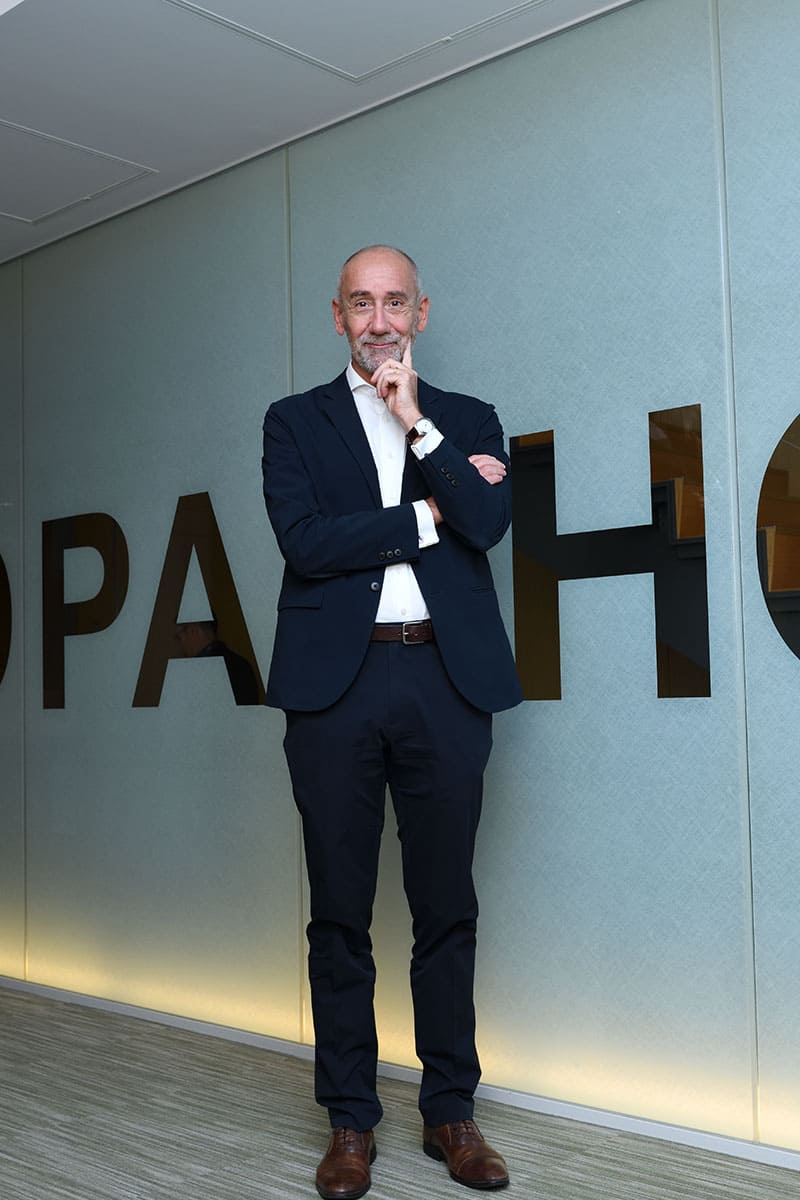
June 30, 2023
Destiny and a little luck: EU Ambassador Paquet
Envoy emphasizes acting on climate change, partnerships with Japan
- Name: Jean-Eric Paquet
- Title: Ambassador of the European Union
- URL: https://www.eeas.europa.eu/delegations/japan_en?s=169
- Hometown: Strasbourg, France
- Years in Japan: less than one
Luck has played a big role in the career of Jean-Eric Paquet, the European Union’s ambassador to Japan. He was well prepared for the yearlong competition that resulted in him being selected to join the European Commission in 1996. However, Paquet said he was very lucky to have been one of only 80 chosen out of 25,000 applicants.
“Lucky also because I then had indeed the opportunity for 30 years to work across many policy areas and in many different places as well. So my career spans across EU policies and diplomacy,” Paquet said.
But even to those not au fait with the workings of the union of 27 countries, which have a combined population of 400 million, it is clear that it takes more than luck to sustain a career in international administration. It could be, as Paquet explained, that his path was set out in his lineage — that his background so reflects the EU’s founding ideals, there was no other way.
The EU’s foundations were laid in 1957 with the primary goals of maintaining peace and promoting economic growth in member countries. Paquet said the EU is a “peace project,” a mechanism for divergent nations to identify commonalities and work together.
“We are a continent which had World War I and World War II at its core — and before those, many others. So it’s a continent which has been ravaged by war and hardship, and atrocities, and power plays between nations. And I have a German mother and a French father. These are the two nations which were at loggerheads during these two world wars, unfortunately. I have a French grandfather who was also a ‘Righteous Among the Nations,’” a title bestowed by Israel’s Holocaust remembrance organization Yad Vashem on non-Jews who saved Jews during the war. “So that’s on my French side, and on my German mother’s side, I have a grandfather who died as a German soldier. So that’s the other side. And that’s my family. So, for me, this peace project is what I am — culturally, personally.”
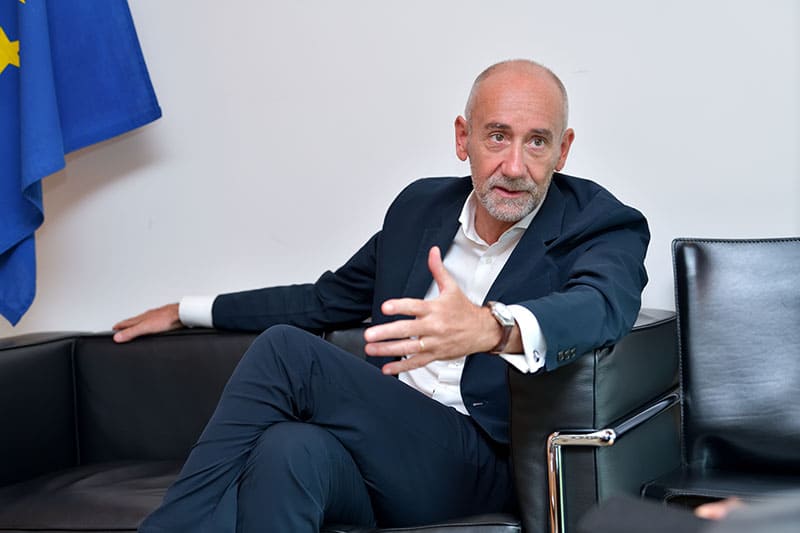
Paquet’s public service intentions then, were always strong, it was just a question of where he would seek to fulfill them. But luck and destiny are outside of one’s control. And certainly, one has to actively participate in one’s career to be named European Commission ambassador to Mauritania, deputy secretary-general in charge of policy coordination and director-general for research and innovation — a role equivalent to vice-minister.
Passion, commitment and fervorous engagement with the pressing issues could be some of the attributes that have contributed to Paquet’s longevity and success. Take climate change, for example. Not only does he quite ardently call this “the key challenge for humanity,” he can rattle off policy objectives, effective dates and relevant players’ names and positions, and identify gaps that future policy will need to address. At the same time, he acknowledges the difficulty that ordinary people can have in acting to stem climate change.
“In Europe, our green and climate and energy policies started in earnest in the mid-’90s and accelerated after the Paris Agreement eight years ago, but we did the groundwork between 2000 and 2010, when we put in place the EU Emissions Trading System, which is carbon pricing. We had the first objectives in terms of renewable energies, energy efficiency and CO2 reductions already in legislation at a much lower level. But we had them already. So the architecture was in place and we could, from that, ramp up. We did a lot of electricity market reforms, we did grid connections. And this was not something easy. I mean, we are today in a really interesting place I think, but the investment in terms of attention, knowledge, but also financial costs and political capital, has been very, very significant.”
But Europe and the rest of the world are far from the end. Paquet calls Japan’s climate policy ambitious and says the hard outcomes will take time. On climate change, however, time is something that he believes the world doesn’t have much of.
“It’s a change management process of an extremely deep and in principle urgent nature, so very difficult for any society or policy set-up. But it is also because having been in research and having worked on the science with scientists, I know that time is up. The Intergovernmental Panel on Climate Change just did this review, and U.N. Secretary-General Antonio Guterres said the world must halve its emissions by 2030. So in 2050, of course you need climate neutrality. But 2050, I find, honestly, is not the point. Because if we don’t halve by 2030, then 2050 will not be helping us much except if the miracle technology of sucking CO2 out of the atmosphere suddenly emerges,” Pacquet said.
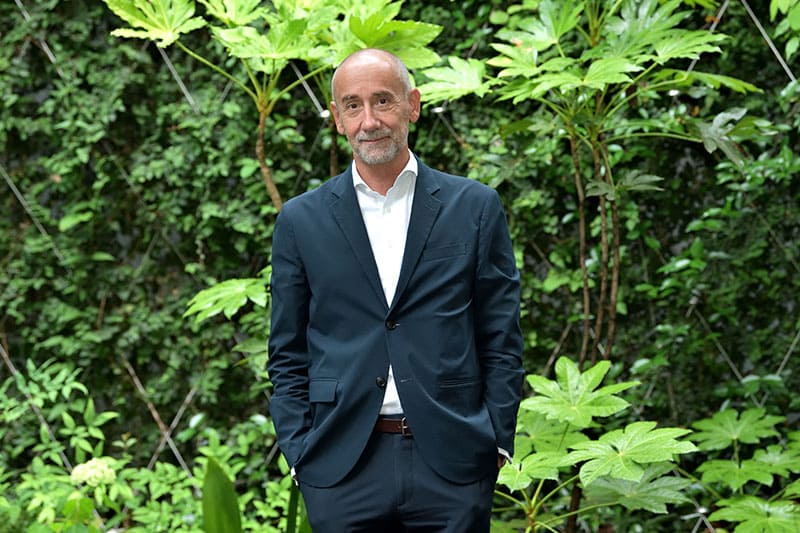
Paquet talked with similar verve about topics ranging from the “unrivaled energy of the African continent” to the importance of not pitching individual action on climate change as a “moral obligation” to the recent Group of Seven summit in Hiroshima being “a spectacular Japanese success.” He admitted, too, that he could talk for hours beyond the interview.
It might have been a stroke of luck that got Paquet started on this journey, but there is no doubt that he is deeply invested. In Japan, implementation and administration of the EU-Japan Economic Partnership Agreement are core parts of his work. Separate strategic and digital partnership agreements also cover areas such as artificial intelligence and 6G network technology. The EU-Japan Green Alliance is a partnership focused on climate and the environment, and a partnership on connectivity entails joint infrastructure development projects in thir countries in Asia and Africa.
“And then there’s the political momentum of the alignment and the support which Japan gave to Ukraine and the sanctions, which is absolutely remarkable. And from that there is now this geostrategic or geosecurity space from the Indo-Pacific to Europe which is now really emerging. As an ambassador here, this is the heart of my work. But also in Europe, where the Indo-Pacific was very distant, it now becomes much more relevant for Europeans too,” Paquet said.

